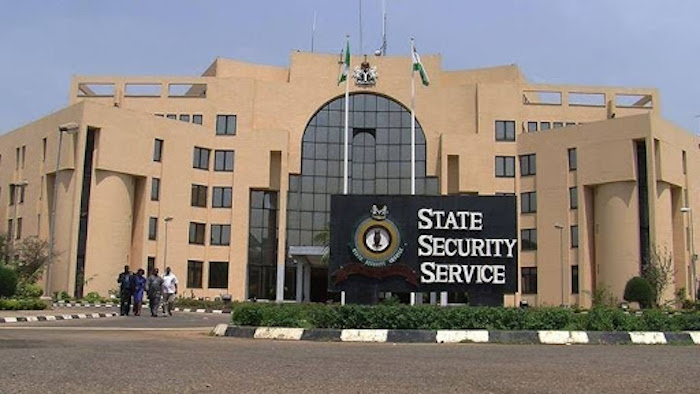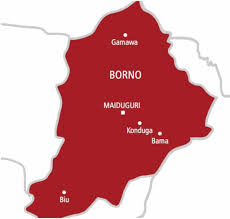
The Federal High Court in Abuja has admitted three video clips presented by the Department of State Services (DSS) as evidence in the trial-within-trial of five men accused of orchestrating the 2011 bombing of the United Nations (UN) Complex in Abuja.
The videos were tendered to counter claims by the defendants that their extra-judicial statements were obtained under duress.
The proceeding, presided over by Justice Emeka Nwite, resumed on Friday, with the judge fixing December 5 for continuation of the trial-within-trial. The process is meant to determine what happened, who was involved, when and where the statements were made, and how the DSS obtained them.
The DSS alleges that the five defendants, led by Khalid Al-Barnawi, masterminded the August 26, 2011 attack on the UN building, which killed at least 20 people and injured more than 70. Al-Barnawi, captured in 2016, is standing trial alongside Mohammed Bashir Saleh, Umar Mohammed Bello (aka Datti), Mohammed Salisu and Yakubu Nuhu (aka Bello Maishayi).
The case has faced multiple delays over the years, including repeated absences of defence lawyers. Progress accelerated following the appointment of Mr. Oluwatosin Ajayi as DSS Director General, who directed that inherited and ongoing terrorism cases receive swift prosecution. Justice Nwite recently granted the DSS request for an expedited hearing, a decision consistent with similar concessions in other DSS-led terrorism cases, including those involving Mahmud Muhammad Usman (aka Mahmuda), Muhammed Usman (aka Abu Bara’a), and suspects linked to the Yelwata and Benue massacres.
After the playback of the first defendant’s video clip concluded on Friday, Justice Nwite adjourned to December 5 for the continuation of video reviews involving the remaining suspects.
Earlier in the day, the court also admitted the extra-judicial statements of three other men, Haruna Ali Abbas, Ibrahim Hussaini Musa and Adam Sulaiman, who are being prosecuted by the DSS for allegedly spying on the interests of the United States and Israel for individuals in Iran.
That case, active since 2014 and reassigned multiple times, also reached a trial-within-trial stage in August 2025 to determine whether the defendants’ statements were voluntary. While the defendants alleged they were “coerced, harassed and intimidated,” the prosecution maintained that the statements were voluntarily made, arguing that the accused persons “read through the statements, through the cautionary words and signed.”
Prosecution witnesses told the court they followed standard procedures, emphasising that suspects received food, medical care and access to family members during detention. The defendants, however, narrated alleged torture, claiming they were beaten and subjected to inhuman treatment.
After hearing both sides, Justice Nwite ruled that the prosecution had proved the statements were not forced and ordered the documents to be admitted as exhibits. He adjourned the substantive hearing to January 22, 2026.
Ademide Adebayo



